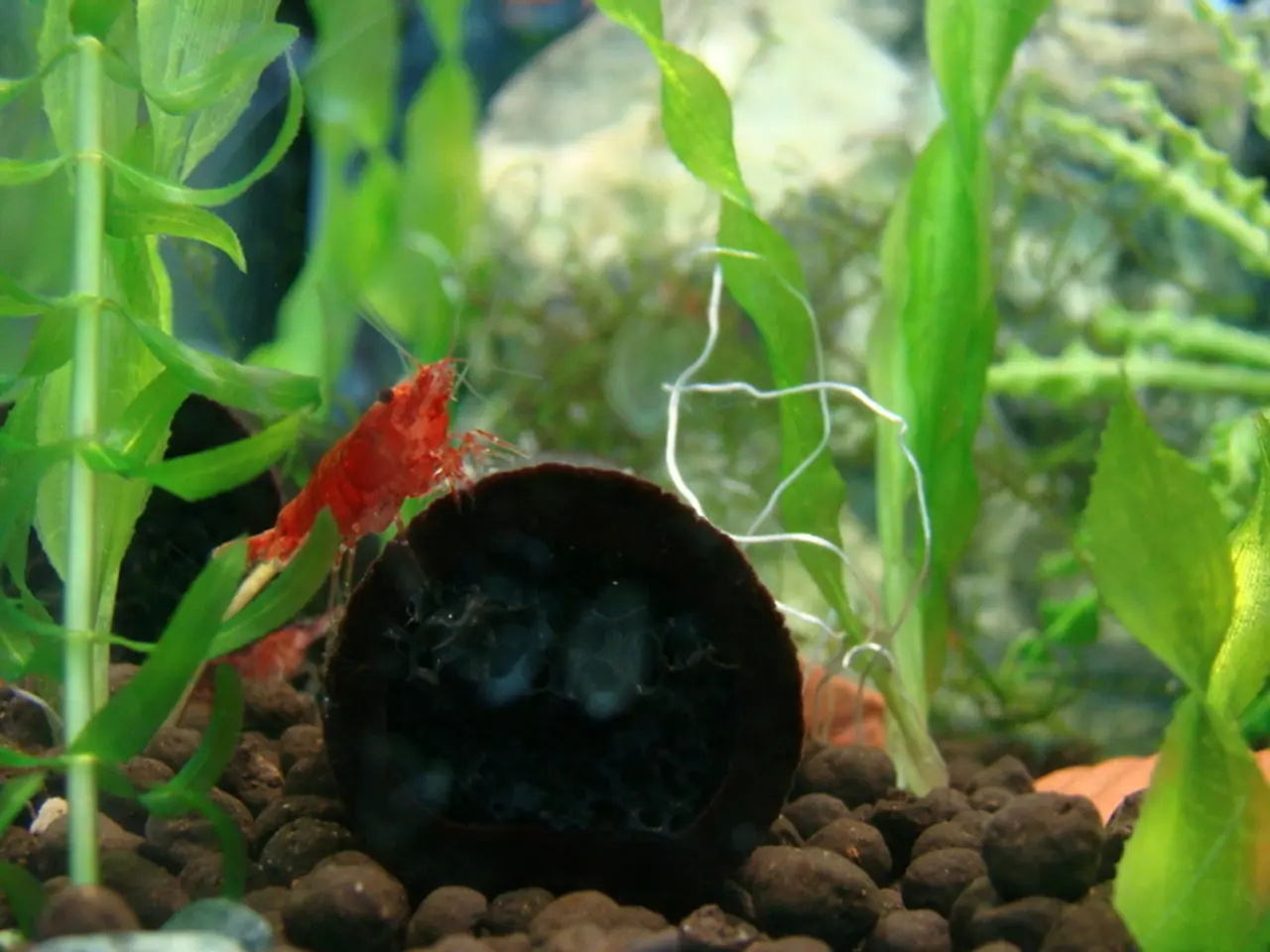Researchers Successfully Develop Artificial Lifeform With Capability to Alter Fundamental Genetic Sequences Across Species
In a groundbreaking development, a team of scientists at the Medical Research Council's Laboratory of Molecular Biology in the UK have created a synthetic strain of E. coli named Syn57. This organism, which functions with a stripped-down genetic code, using only 57 codons, as opposed to the 64 used by all known organisms on Earth, could revolutionise various fields, from medicine to chemistry.
The creation of Syn57 builds on decades of effort, with previous milestones including the first synthetic bacterial cell in 2010 and Syn61 in 2019, which trimmed the code down by three codons. More than 101,000 genetic changes were painstakingly built and tested in fragments before stitching the entire genome together.
Syn57 pushes further than Syn61, demonstrating that life can survive a much deeper rewrite of its genetic code. The principle is clear: life's genetic system is not fixed and can be rewritten, repurposed, and expanded in ways evolution never tried.
Researchers identified and targeted four codons for serine, two for alanine, and one of the three stop signals to be replaced. Life evolved to use 64 codons to spell out just 20 amino acids and a handful of punctuation marks for starting and stopping protein chains. With Syn57, the team has successfully demonstrated that this system can be altered, potentially opening the door to assigning new meanings to codons and incorporating non-natural amino acids.
One of the most intriguing aspects of Syn57 is its potential resistance to viral infections. If a virus tries to take over Syn57, the instructions come out garbled, preventing the escape of information from the synthetic organism. This could be invaluable for industries that rely on bacterial workhorses for processes often threatened by viral outbreaks, such as insulin, enzyme, or food ingredient production.
If biology is a language, Syn57 suggests we have only begun to experiment with its grammar, opening the possibility of entirely new forms of life. The creation of Syn57 could become a powerful tool for scientists, leading to new medicines, advanced materials, or entirely new forms of chemistry. The researchers plan to explore the potential of Syn57 rather than compress the code further, making this a fascinating development in the field of synthetic biology.
The project was reported by the journal Nature, with researchers at the University of Cambridge in the UK leading the development of Syn57. Efforts are being made to improve the fitness of Syn57 as it grows more slowly than ordinary E. coli. Nevertheless, the potential benefits of this synthetic bacterial organism are undeniable, and it is an exciting time for the field of synthetic biology.








